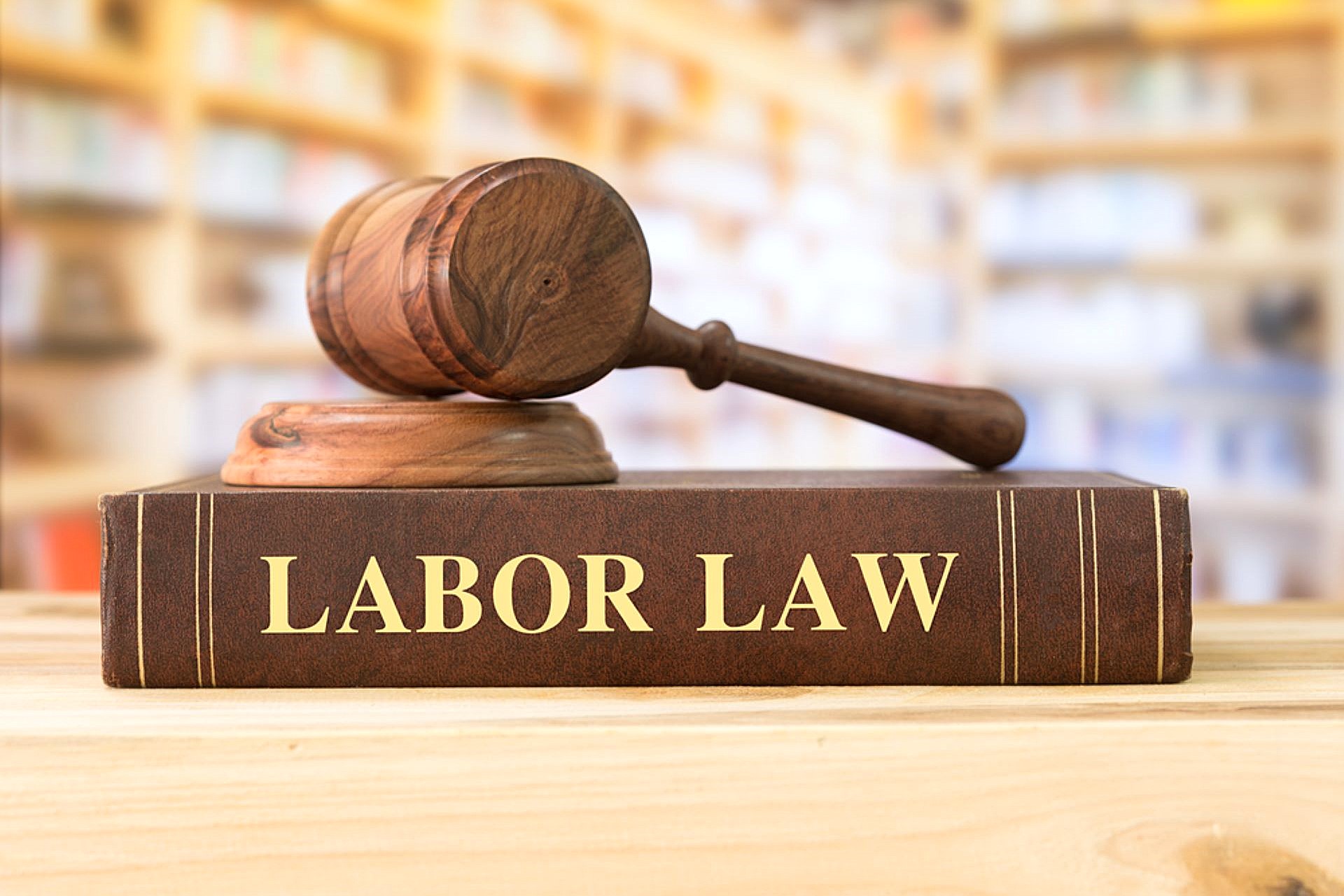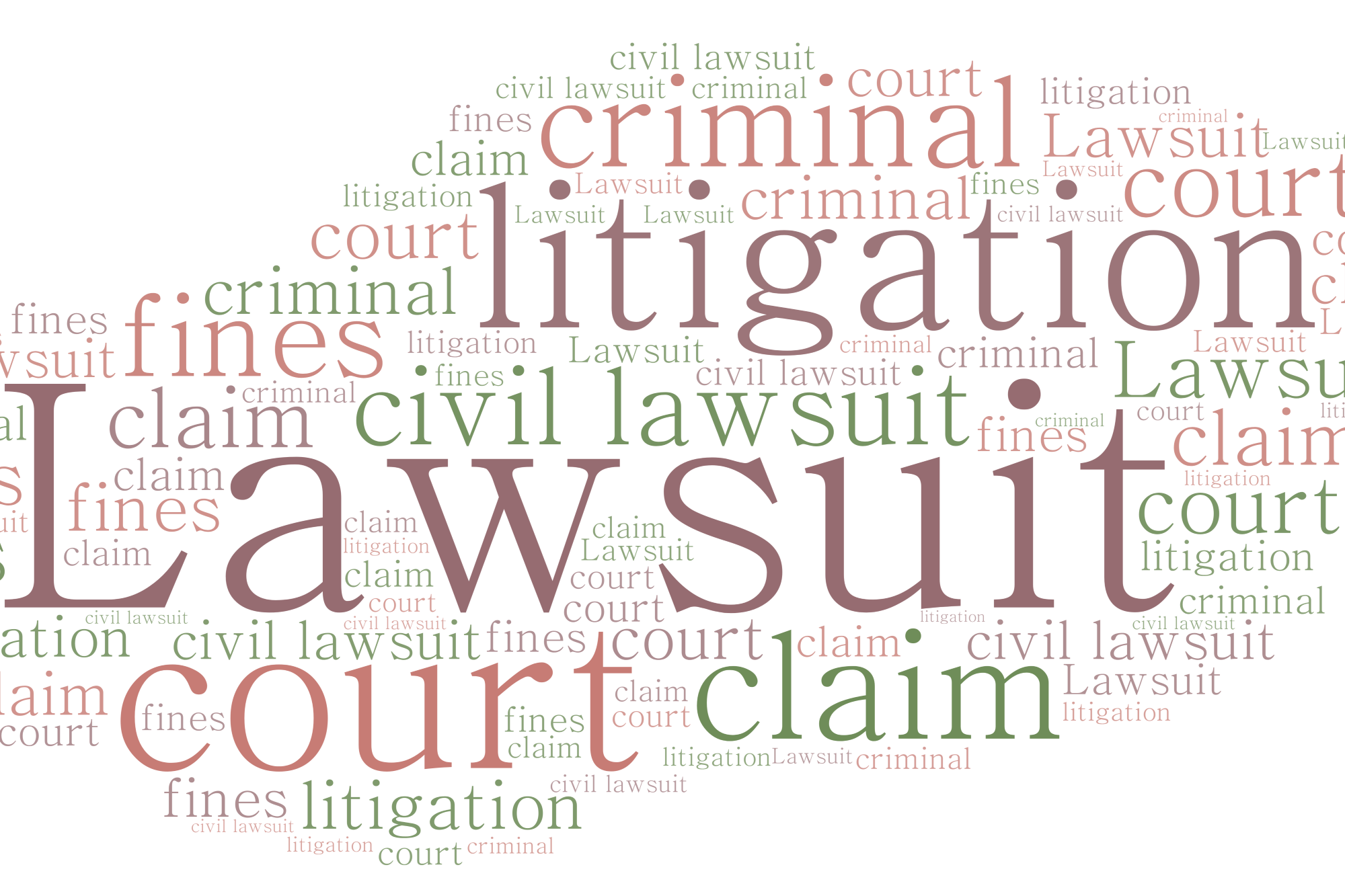
Labor lawyers play a pivotal role in navigating employment-related legal matters, from disputes over wages to wrongful termination cases. Their expertise extends to advising both employers and employees on compliance with labor laws, representing clients in litigation, and negotiating settlements. This article provides a comprehensive overview of the functions and responsibilities of labor lawyers in the realm of employment law.
Overview of Labor Law and Its Importance
Labor law, also known as employment law, is a legal framework that governs the relationship between employers, employees, and labor organizations. It encompasses various regulations and statutes designed to protect workers’ rights, establish fair labor standards, and ensure safe working conditions. Labor law covers a wide range of issues, including wage and hour laws, discrimination, workplace safety, employee benefits, and collective bargaining agreements. These laws are vital for creating a balanced and just environment where both employers and employees understand their rights and responsibilities.
The importance of labor law lies in its role in maintaining a fair and equitable workplace. By setting clear rules and guidelines, labor law helps prevent exploitation, discrimination, and unsafe work practices. It ensures that workers receive fair compensation, are protected from unjust treatment, and have access to safe working environments. For businesses, labor law provides a structure for compliance, minimizing the risk of costly legal disputes and fostering a productive and harmonious workplace.
Key Responsibilities of a Labor Lawyer
Labor lawyers play a crucial role in navigating the complex landscape of employment law. Their primary responsibilities revolve around advising and representing both employees and employers in various matters related to labor regulations and workplace issues. Here’s a detailed breakdown of their key responsibilities:
- Advising on Employment Contracts and Workplace Policies
- Drafting, reviewing, and negotiating employment contracts to ensure compliance with labor laws and protect the interests of the parties involved.
- Developing workplace policies and employee handbooks that align with current labor regulations, including anti-discrimination policies, grievance procedures, and safety protocols.
- Advising employers on how to implement policies that reduce legal risks, promote fairness, and maintain a positive work environment.
- Ensuring Compliance with Labor Laws
- Conducting audits of company practices to ensure adherence to labor laws, such as minimum wage requirements, overtime pay, and working hours.
- Providing guidance on new labor law developments and ensuring that employers update their policies and procedures accordingly.
- Assisting businesses in complying with federal, state, and local regulations related to employee rights, workplace safety, and benefits.
- Representation in Negotiations and Disputes
- Representing employees or employers in negotiations related to employment terms, severance packages, or collective bargaining agreements.
- Acting as mediators or advocates in resolving workplace disputes through alternative dispute resolution methods, such as mediation or arbitration.
- Engaging in litigation on behalf of clients in cases of wrongful termination, workplace harassment, wage and hour disputes, or employment discrimination.
Labor lawyers serve as a bridge between understanding legal obligations and maintaining a fair, compliant, and safe workplace environment. They ensure that both employers and employees are well-represented and protected under the law.
Handling Employment Disputes and Litigation
Labor lawyers are essential in managing and resolving employment disputes that arise between employers and employees. They provide representation, legal advice, and strategic planning to address various conflicts in the workplace. The following table summarizes the types of employment disputes, the roles of labor lawyers, and the methods used for resolution:
| Type of Employment Dispute | Role of Labor Lawyer | Method of Resolution |
| Wrongful Termination | Representing clients in court or negotiations | Litigation, Mediation, Settlement |
| Workplace Discrimination | Filing complaints, advocating for fair treatment | Administrative Hearings, Arbitration |
| Wage and Hour Disputes | Advising on compliance, representing in lawsuits | Class Action Lawsuits, Settlement |
Labor lawyers assist in handling these disputes through a variety of methods:
- Litigation in Employment Disputes
- Representing clients in court when disputes escalate to legal action, such as in cases of wrongful termination, discrimination, or harassment.
- Preparing and filing necessary legal documents, gathering evidence, and presenting the case in front of a judge or jury.
- Advocating for clients to obtain favorable outcomes, such as compensation, reinstatement, or policy changes.
- Alternative Dispute Resolution (ADR) Methods
- Utilizing mediation to facilitate discussions between the conflicting parties to reach a mutually acceptable solution without going to court.
- Engaging in arbitration, where a neutral third party makes binding decisions based on the arguments and evidence presented by both sides.
- Advising clients on the best course of action based on the nature of the dispute and the desired outcomes.
- Preventive Measures and Settlements
- Advising employers on preventive measures to minimize the risk of disputes, such as implementing comprehensive workplace policies and regular compliance audits.
- Negotiating settlements out of court to save time and resources, often involving compensation or changes in workplace practices.
- Crafting non-disclosure agreements (NDAs) or non-compete clauses as part of settlement terms to protect business interests and maintain confidentiality.
Labor lawyers provide essential services by not only addressing conflicts but also by helping to prevent them through effective legal strategies and compliance measures.
Assisting with Compliance and Regulatory Issues
Labor lawyers play a critical role in helping businesses comply with the complex web of employment laws and regulations at federal, state, and local levels. Non-compliance can lead to severe penalties, lawsuits, and reputational damage. Therefore, labor lawyers provide valuable guidance and support to ensure that employers adhere to all legal requirements and maintain a compliant workplace environment.
- Conducting Compliance Audits
- Reviewing company policies, procedures, and practices to identify potential compliance gaps or areas of risk.
- Assessing employee records, payroll systems, and workplace safety measures to ensure they meet legal standards.
- Providing detailed reports and recommendations for corrective actions to prevent future violations and reduce liability risks.
- Guidance on Labor Law Changes and Updates
- Keeping clients informed about changes in labor laws, including new legislation, court rulings, and regulatory updates.
- Advising on necessary policy adjustments or procedural changes in response to new legal requirements, such as changes to overtime rules, minimum wage laws, or employee leave entitlements.
- Helping businesses develop strategies to remain compliant with evolving labor laws and avoid legal disputes.
- Developing Workplace Policies and Training Programs
- Assisting in the creation of clear, comprehensive workplace policies that comply with labor laws and reflect the company’s culture and values.
- Designing training programs for management and employees on critical issues, such as preventing workplace harassment, understanding wage and hour laws, and maintaining a safe work environment.
- Conducting workshops and seminars to educate employers and employees about their rights and responsibilities under labor laws.
Labor lawyers help businesses navigate the complexities of labor law compliance, ensuring that employers meet their legal obligations while maintaining a productive and legally sound workplace. By providing proactive legal guidance, they help prevent costly disputes and foster a positive work environment.
Supporting Employee Rights and Advocacy
Labor lawyers are also instrumental in advocating for employee rights, ensuring fair treatment in the workplace. They represent employees in cases of discrimination, harassment, wrongful termination, wage theft, and other violations of labor laws. By providing legal advice and representation, labor lawyers help employees understand their rights, navigate complex legal processes, and pursue justice when their rights have been infringed. This may involve filing complaints with government agencies, negotiating settlements, or taking cases to court to seek compensation, reinstatement, or policy changes.
Additionally, labor lawyers often work with labor unions and employee associations to support collective bargaining efforts. They help draft and negotiate collective bargaining agreements that outline wages, benefits, working conditions, and dispute resolution procedures. By ensuring these agreements comply with labor laws and protect workers’ interests, labor lawyers play a key role in maintaining a fair balance between employers and employees, promoting a harmonious workplace environment that benefits both parties.



